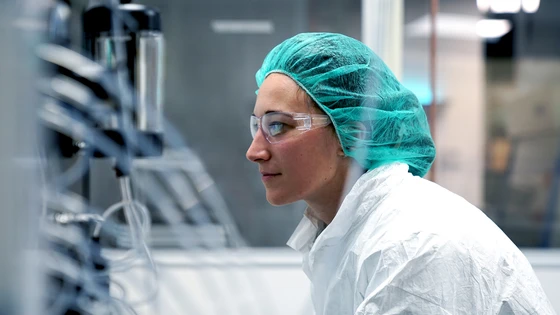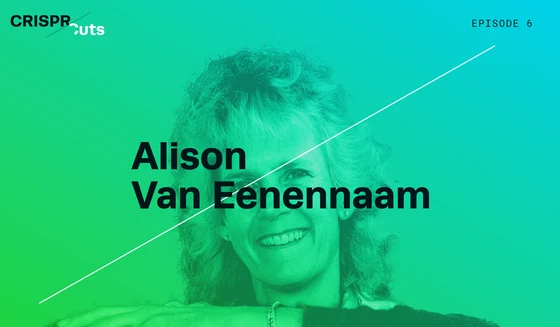The CRISPR-Cas system is a versatile tool for genome engineering, but it is filled with biological uncertainty. CRISPR can precisely target a site in the genome, but it is very difficult to know the exact consequent changes to the genotype. How efficiently will it cut a given target? What indels will form? Will there be any off-target cutting? Scientists have worked over the past few years to make CRISPR editing more precise and predictable by understanding this intrinsic uncertainty and developing new methods to reduce it.
With an objective of continuing this effort, Synthego is proud to announce our first CRISPR prediction competition. Our aim is to provide resources and incentives to foster collaborative efforts to make CRISPR editing a precision tool for gene editing. Read on to know the competition details.
Can We Make CRISPR Editing More Predictable?
While efforts for making CRISPR more predictable have been ongoing for years, researchers have only recently been able to model CRISPR editing and repair mechanisms using large well-described data sets and advanced machine learning models. These models have allowed them to predict overall editing efficiencies and even the specific set of mutations created for any given CRISPR edit. These efforts are proof that we can alleviate the uncertainty of CRISPR editing with computational modeling. As these models grow in sophistication, we imagine a future where scientists can intelligently tailor CRISPR experiments to achieve a specific genotypic result without the need for excessive optimization and trial-and-error.
Synthego’s CRISPR Prediction Competition
At Synthego we are excited about these approaches, and we want to accelerate their development. We will be hosting a CRISPR prediction competition through 2019 focused on developing machine learning models to predict different measures of CRISPR editing. We will be generating a large novel data set and awarding prizes for the teams that perform best across a variety of prediction measures.
The competition will be divided into 4 stages.
- Feedback: Our goal is to make this competition and its byproducts as transparent and valuable to the community as possible. We have an outline for the competition, but we would love feedback from the CRISPR community to guide the competition specifics. We are forming a steering committee composed of researchers like you to define the data sets required and set the evaluation criteria.
- Data collection and analysis: Using our advanced cell engineering technologies, Synthego will perform thousands of arrayed transfections across multiple cell lines. We will then perform genotyping, as well as additional assays determined by the steering committee, on the resulting cell populations. In the end, we will have a dataset that relates several features of the transfection (target sequence, cell line, etc) to several features of the editing outcome (efficiency, indel formation frequency, etc).
- Building predictive models: Once the dataset is complete, we will release a portion of it to participants, and the competition will begin. At any time participants can submit models to Synthego, and we will assess the performance. Model performance will be tracked and posted on a public leaderboard. Final model judging will be performed on a subset of the data that is unseen by the participants.
- Final submission and judging: Synthego will be awarding prizes (cash and Synthego products) to the groups that achieve the best performance in several measures (e.g. overall efficiency, specific indels, off-target frequency, etc). The exact measures and prizes will be finalized by the steering committee. Upon completion of the competition the dataset will be made available to researchers in its entirety.
CRISPR 101 eBook
CRISPR has quickly become a standard laboratory tool for gene editing. As the adoption of CRISPR accelerates worldwide, up-to-date knowledge of the basics of CRISPR is essential for anyone in the field. From target identification studies to the recent breakthroughs in clinical trials, CRISPR is enabling scientists to unlock the power of the genome.
Download our CRISPR 101 eBook today to stay up to date on all your CRISPR basics and get the best results in your CRISPR experiments!

Cell Engineering 101
CRISPR has ignited a revolution. Although it’s a relatively recent discovery in the history of biotechnology, CRISPR has quickly become a standard laboratory tool and cell engineering is transforming research. One of the most widely used applications of CRISPR is knocking out specific genes in cell lines to interrogate gene function.







